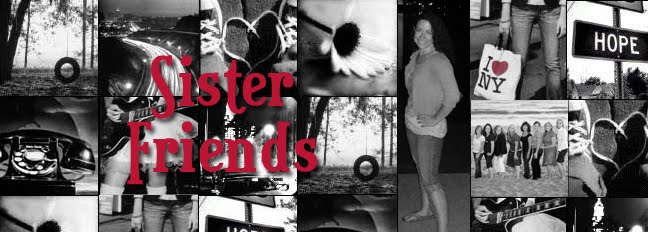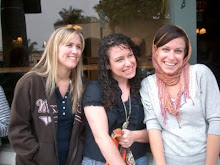The full article is much better, but if you're short on time, read below:
In January of '07 a man walked into a metro station in Washington DC and started to play the violin; it was a cold January morning. He played six classical pieces for 43 minutes. During that time, over a thousand people went through the station, most of them on their way to work.
After the man had played for three minutes, a middle aged man noticed there was a musician playing. He slowed his pace and stopped for a few seconds and then hurried up to meet his schedule.
A minute later, the violinist received his first dollar tip: a woman threw the money in his case and without stopping continued to walk.
A few minutes later, someone leaned against the wall to listen to him, but the man looked at his watch and started to walk again. Clearly he was late for work.
One who tried to listen was a 3 year old boy. His mother tugged him along, but the kid stopped to look at the violinist. His mother deftly moved her body between the boy and the violinist, cutting off her son's line of sight. The child continued to walk turning his head all the time. This action was repeated by several other children. All the parents, without exception, forced them to move on.
In the 43 minutes the musician played, only 6 people stopped and stayed for a while. About 20 gave him money but continued to walk their normal pace. He collected $32.17. Between each piece of music there was silence. No one applauded him, nor was there any recognition.
Only one person in the entire crowd knew that the violinist was Joshua Bell, one of the best musicians in the world. He played one of the most intricate pieces of music ever written with a violin worth 3.5 million dollars.
Two days before his playing in the subway, Joshua Bell sold out a theater in Boston and the seats averaged $100.00 each.
This is a real story. Joshua Bell playing incognito in the metro station. His performance was arranged by The Washington Post as an experiment in context, perception and priorities -- as well as an unblinking assessment of public taste: In a commonplace setting at an inconvenient time, would beauty transcend?
Do we stop to appreciate it? Do we recognize talent or beauty in an unexpected context? How many other things are we missing?
CLASSIC Spanish Potato Salad
6 months ago




No comments:
Post a Comment